In the realm of morning rituals, coffee occupies a preeminent position, often serving as both a stimulant and a comforting companion. Among the myriad of options available, the Happy Belly Coffee Pods’ French Vanilla Cappuccino stands out—not merely for its convenience or flavor but for what it represents in the larger narrative of consumer choices, sustainability, and gastronomic culture. This article delves into the dimensions of this delightful beverage, inviting you to ponder its implications beyond the coffee cup.
First, let’s embark on a sensory journey into the world of French vanilla cappuccino. This coffee creation encapsulates the harmonious marriage of bold espresso and frothy milk, all gloriously adorned with a rich, aromatic infusion of vanilla. But this isn’t just about taste; it’s about the art and science of crafting a balanced beverage that tantalizes our palates and nourishes our souls.
What makes French vanilla cappuccino so enticing? The sweetness of the vanilla is not merely a flavor enhancer; it serves to soften the sometimes harsh bitterness of coffee. Herein lies a larger metaphorical resonance: the exploration of contrasting elements in our lives and how they can create a holistic and pleasurable experience. Think about it: how often do we find ourselves grappling with the bitter versus the sweet in our daily narratives? The French vanilla cappuccino exemplifies this balance beautifully.
Now, consider the implications of opting for Happy Belly Coffee Pods. In an era increasingly dominated by eco-awareness, the origins and production methods of our food and beverages warrant scrutiny. As stewards of our planet, the choices we make about what we consume can reverberate within broader environmental frameworks.
Imagine this scenario: you reach for a Happy Belly Coffee Pod in the morning, and in that moment, do you ponder its environmental footprint? The pods are single-serve, designed for optimal convenience, yet they raise a pivotal question about waste. As an engaged consumer, one might challenge the assumptions surrounding convenience versus sustainability. The juxtaposition of instant gratification and environmental responsibility becomes particularly salient here.
Sustainability in Coffeemaking
Many consumers are now making choices that reflect a commitment to sustainable practices. The challenge lies in discerning which brands authentically prioritize eco-friendly manufacturing processes as opposed to those merely offering marketing rhetoric. Happy Belly, as part of the Amazon Brand, seeks to strike a balance between accessibility and ethical sourcing. By investigating the supply chains, one can begin to uncover whether these brands align with your values.
Moreover, the concept of sustainability transcends just packaging. It also encapsulates the agricultural practices involved in coffee cultivation. The term ‘fair trade’ has become a salient hallmark in coffee sourcing, asserting that the growers are compensated fairly for their labor while also adhering to sustainable farming methods. Wouldn’t it be both ironic and unsettling if, in our quest for convenience, we supported systems that didn’t uphold the basic tenets of fairness and ethical labor?
Decoding Flavor Profiles
Flavor profiles can evoke nostalgia, longing, or even inspire quests for new experiences. Within the scope of French vanilla cappuccino, the interplay of flavor and memory becomes apparent. The luscious notes of vanilla may remind one of childhood indulgences—perhaps an ice cream cone on a sultry summer day or a freshly baked cake on a celebratory occasion. This emotional tether to flavors invokes deeper reflection on our gastronomic experiences and their intersections with personal history.
The complexity of taste is often enhanced by the chemistry of ingredients. French vanilla isn’t merely an additive; it represents a plethora of sources, including extracts from actual vanilla beans and synthetic flavor profiles designed to mimic these natural essences. In a society so accustomed to rapid consumption, the question arises: how do we reconcile our fondness for familiar flavors with the realities of synthetic substitutes that may not carry the same nutritional virtues? Should we reassess our relationship with flavor authenticity as we sip our comforting cappuccinos?
Brewing Happiness: The Ritual of Coffee
Every cup of coffee serves as an invitation for connection, both with oneself and with others. The act of preparing a cappuccino, whether from a pod or a traditional brewer, can be perceived as a daily ritual. This underscores the significance of mindfulness and intentionality in our routines. To take the time to brew—and subsequently savor—a beverage invites us to dwell in the present moment, serving as an antidote to our fast-paced, often fragmented lives.
Consider the social implications of shared coffee experiences. Coffee houses have traditionally served as critical sites for social interaction, dialogue, and intellectual exchange. The emergence of coffee culture invites us to explore how camaraderie can flourish in these communal settings. As we indulge in a French vanilla cappuccino, do we take stock of the conversations that surround us? What unspoken narratives exist in the steam rising from our cups? This ritual can thereby become a vehicle for connection, fostering empathy, understanding, and a sense of community.
Challenging the Norms: Beyond the Cup
As one engages with a product like Happy Belly Coffee Pods, it is imperative to question the narratives surrounding convenience, flavor, and sustainability. The playful challenge for the reader is to examine your own consumption habits. Are you merely a passive consumer, or do you actively engage with the stories behind the products you enjoy?
This inquiry extends to the broader gastronomic landscape, urging one to consider how each choice contributes to collective experiences. Food and beverages are, in essence, reflections of culture, identity, and ethics. By delving into these topics, one can begin to unravel the complexities surrounding food consumption and its implications on societal and environmental levels.
Ultimately, the French vanilla cappuccino utilizing Happy Belly Coffee Pods becomes more than a mere beverage; it evolves into a catalyst for introspection. Whether it evokes cherished memories, prompts inquiries into sustainability, or fosters connections over shared experiences, this drink encapsulates the multifaceted relationship we hold with food and culture. In closing, let us challenge ourselves, not just to consume, but to engage, inquire, and appreciate the delightful complexity that every cup holds in its warm embrace. Embrace the journey of discovery and savor the experience, for therein lies true enjoyment of life’s offerings.

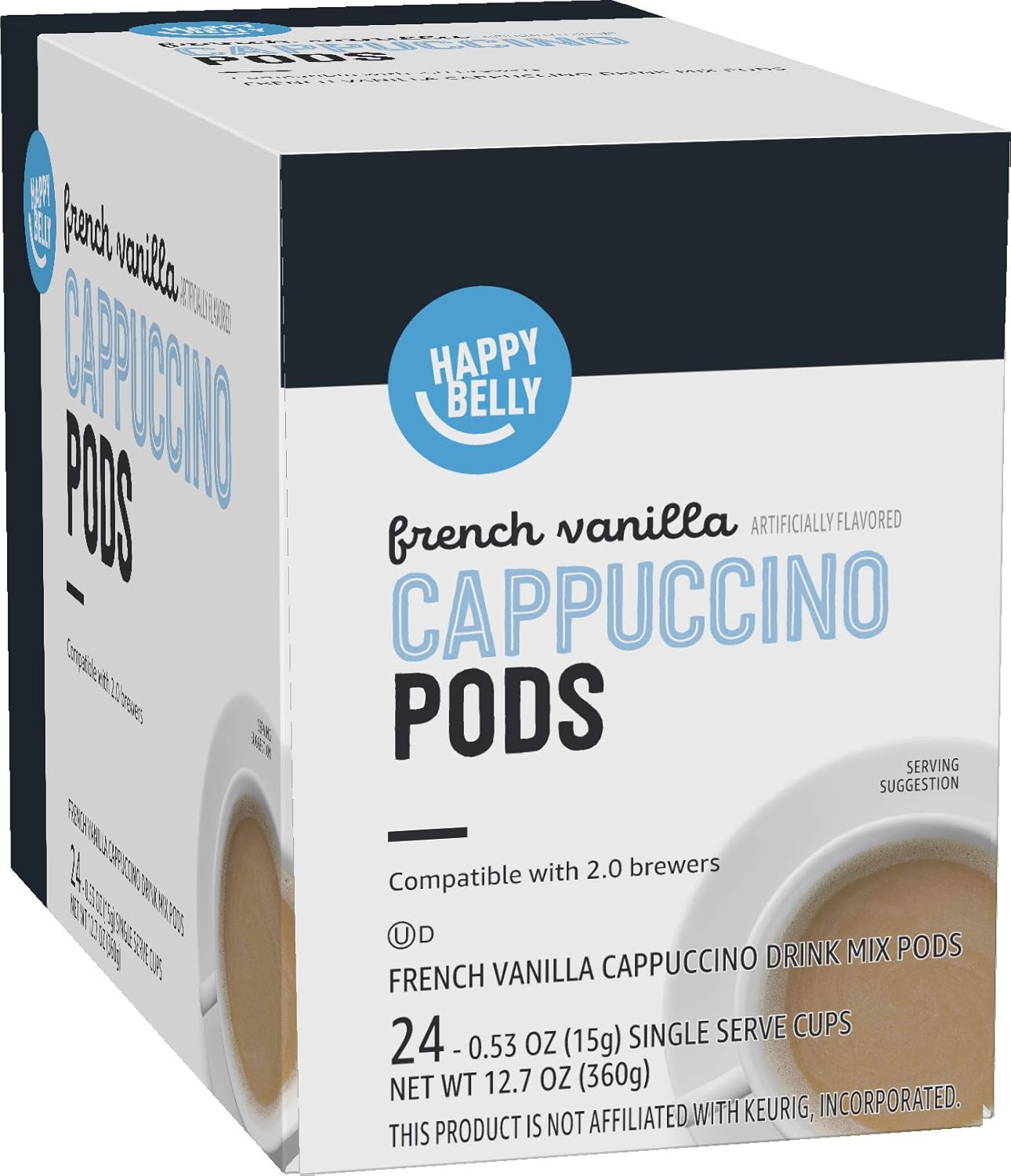
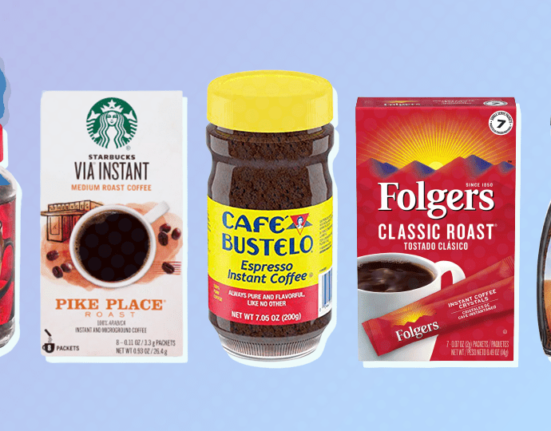
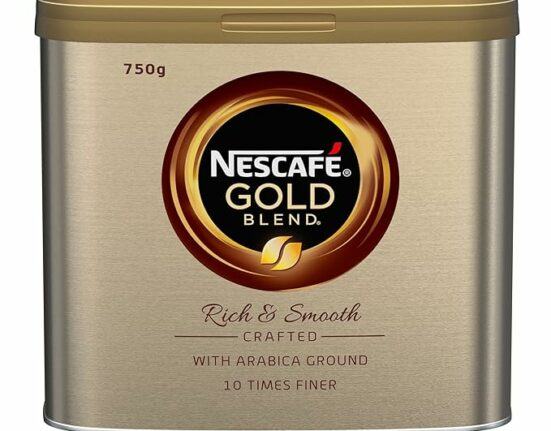


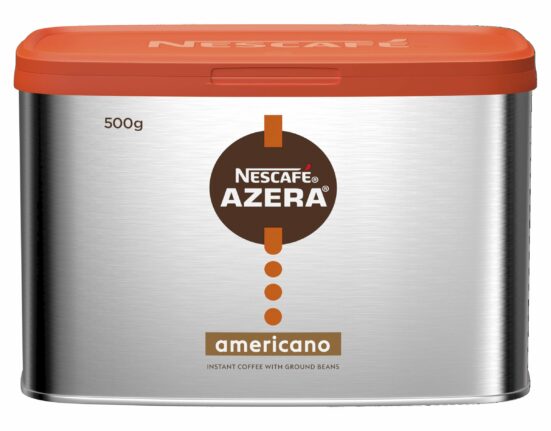
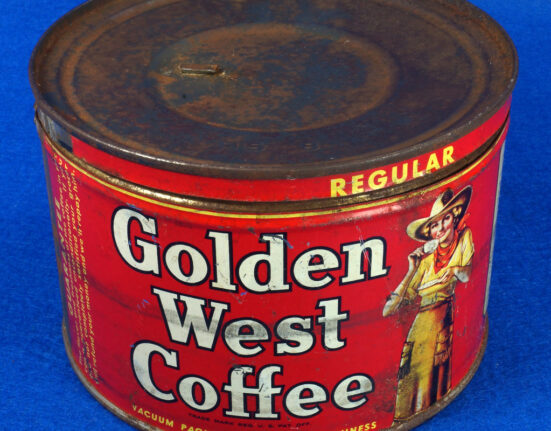
Leave feedback about this